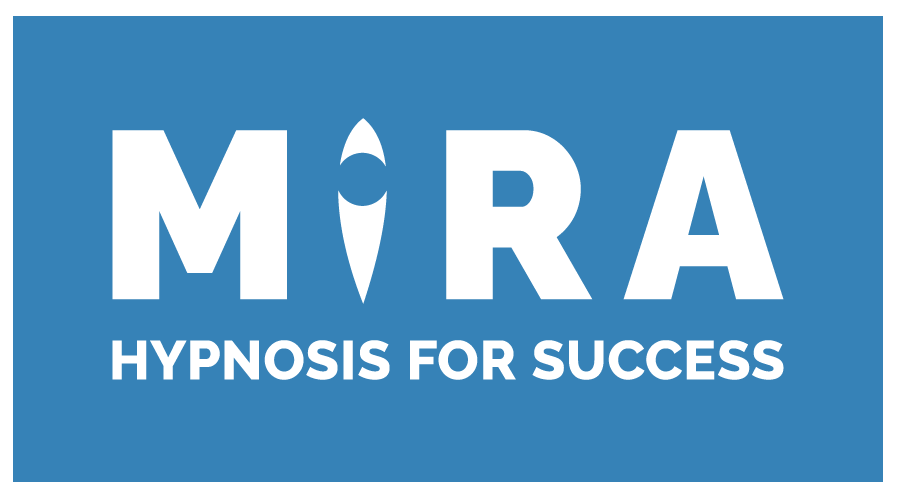Myths about HYPNOSIS

Contrary to what most people believe, hypnosis is NOT a state of being asleep or a state of being unconscious and unaware.
Hypnosis puts you into a state of mind in which you are deeply relaxed, yet much more suggestible than usual.This allows for direct access to your subconscious mind where positive suggestions can be planted and changes can be made to long-held belief systems, which are limiting you and holding you back in life and in business.
Many people feel apprehensive when they consider seeking professional hypnosis for their problems.
Below are some common questions, answered for you in advance, for your own convenience.
So, let’s dive in…
Hypnosis is a treatment intervention that involves inducing the client into a relaxed, suggestible state and then offering post-hypnotic suggestions for relief of symptoms. It uses the hypnotic trance—the simple shifting back and forth between the conscious and subconscious mind, a natural process that occurs every day—in order to create this relaxed, suggestible state.
Hypnotherapy is the practice of psychotherapy with a client who is in the hypnotic altered state of consciousness. Hypnotherapy is a powerful way to access the source of distress or a problem, like anxiety or self doubt, and for people to reconnect with dissociated emotions and disowned parts of themselves. Hypnotherapy helps therapists and client get closer to the source of a client’s issues by opening the doorway to their subconscious mind.
Here are the 146 ways in which hypnotherpy might hel you.
A hypnotherapy session is a hypnosis session with programming added. You can be put into hypnosis with no objective, this would simply be hypnosis. But, when programming is added to achieve an objective (reach a goal, gain confidence, stop procrastination etc.) then the session is hypnotherapy.While hypnosis and hypnotherapy are in the same “family,” they are very different from each other. The core difference is that hypnotherapy is an internationally-recognized therapy technique for treating mental and psychosomatic issues. It uses hypnosis to break through to the subconscious to better understand the foundation of the issues a client is facing.
This cannot happen. Less than 10% of the population achieves such a deep trance state that they dissociate or “black out” like they do when they receive anesthetic. Such people, called “somnambulists,” do not consciously remember what happens during hypnosis unless the hypnotherapist suggests that they will. Even these people will wake up at the end of a session. Most people, however, achieve a light trance state (alpha) in which they are aware of what is happening although they are completely relaxed and focused.
Not waking up cannot happen and there is no need to worry about that NEITHER. You drift into hypnosis every night on your way into sleep, every morning as you drift from sleeping to alertness, every time you daydream, and every time you watch a movie.
At any time during your hypnosis experience, if you want to bring yourself out of trance, you simply open your eyes and stand up and stretch – just like waking up in the morning.
Hypnosis is appropriate for most people. There is controversy over the use of hypnosis for people with epilepsy or who have schizophrenia. There are no drawbacks to hypnosis if you do not have these disorders.
The only side effect, whatever it is that you are working on, is that you become more relaxed and less stressed.
You will never “lose control” because you can never be hypnotized against your will and it is not possible to be made to do anything you do not wish to do.
Everyone experiences hypnosis differently,
and even from session to session you will have slightly different experiences as sometimes you will “go deeper” than others.
How does it feel to be in hypnosis?
Typically you will feel deeply relaxed and comfortable while under hypnosis
and as the session continues you may or may not remember all of what is said to you.
This is partly because some people are more susceptible to hypnosis and will enter a deeper trance straight away,
but also because the more you use hypnotherapy, the more you will get used to it.
The more often you will go into a “deeper trance” where you won’t remember everything,
and the more benefit you will receive – essentially you are training your mind to be hypnotized every time you listen.
At the end of the session you will return to being your fully alert normal self, you will feel refreshed and energized.
If you are purposefully resisting hypnosis, it won’t work because you are always in control.
Hypnosis can be an extremely powerful tool, but it does require openness; your willingness to experience it and that you really want to make a change.
For example, if you give a hypnosis recording for weight loss to a friend who has no interest in changing their ways then it will not work.
However, if you use it for yourself and you do consciously want to make a change in your life
then hypnosis will be a powerful ally,
it will strengthen your mind, boost your willpower,
and make you much more likely to successfully lose weight.
The only reason people stay in hypnosis is because it feels fantastic.
Any time they want to, they can count to three in their mind, get up and walk away.
I strongly believe that each and every one os us is unique and may have a different type of question! If this is the case, let us discuss. Click the button bellow, fill the form and I will meet you on the other side!
